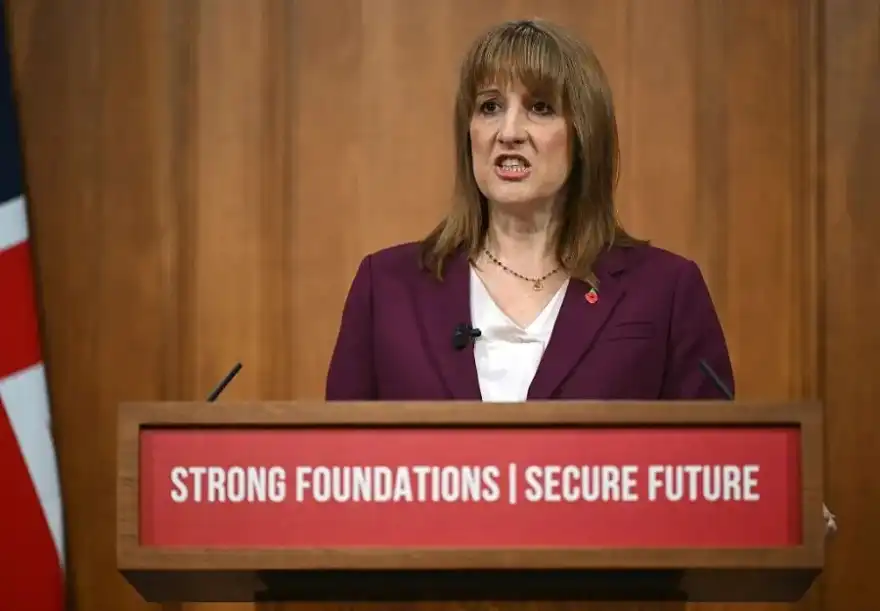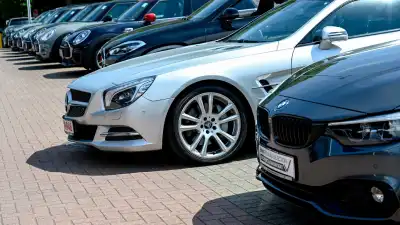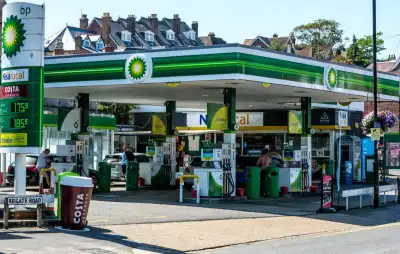
The Chancellor is expected to announce a pay-per-mile tax for electric cars in tomorrow’s Autumn Budget - and a new survey suggests it could have a major and immediate impact on EV sales.
Rachel Reeves is due to confirm a consultation on ‘road pricing’ for EVs, aiming to replace the £25bn the Treasury currently gets from fuel duty as more drivers switch to electric. Reports suggest EV owners could be charged around 3p per mile from 2028 to plug this financial gap.
The motor industry has strongly criticised the idea, saying it sends mixed signals about the Government’s push to cut road emissions and could derail EV adoption entirely. The criticism comes days after leaks that Reeves plans to add £1.3bn to the Electric Car Grant, which offers up to £3,750 off EVs costing under £37,000.
According to What Car?, more than half of the 4,368 buyers they surveyed said they would avoid going electric if the new tax goes ahead. The pay-per-mile charge would sit on top of the £195 annual VED rate EV owners will pay from April 2025. Based on 10,000 miles a year, owners would face roughly £495 in total annual taxes.
Example costs would include: – Just over £12 for a London–Edinburgh trip – £3 for the 102-mile Cambridge–Oxford route – £2 for the 73-mile Liverpool–Leeds drive
Overall, 52% of current buyers say this would put them off EVs, and 38% of people already in the process of buying one say they may now reconsider. Only one in five motorists thinks taxing EVs by distance is a good idea.
Industry leaders have accused the Government of “terrible mixed messaging”. They argue that new taxes conflict directly with incentives like the Electric Car Grant and will make it even harder for manufacturers to meet the Zero Emission Vehicle (ZEV) mandate. Many brands are already struggling to reach next year’s target of 28% EV sales, with even less confidence about hitting 33% in 2026.
AA president Edmund King warned that the tax could become a “poll tax on wheels”, saying the Government risks slowing down the shift to electric vehicles. The Society of Motor Manufacturers and Traders (SMMT) called the proposal “the wrong measure at the wrong time”, saying the UK needs a fair, modern tax system developed in partnership with the industry.
SMMT chief executive Mike Hawes said the policy could “inflict severe damage” on carmakers, who need stronger demand, better infrastructure and supportive policies to drive EV sales. Industry leaders stressed that manufacturers have invested billions in EV programmes, but demand and public chargers still lag behind what’s required.
Individual carmakers have also spoken out. Volvo Cars' chief executive Håkan Samuelsson called the idea “definitely bad”, while the RAC Foundation said the Treasury is “scrambling for a solution” as fuel duty revenue collapses ahead of the 2030 petrol and diesel ban.
Experts across the sector warn that bringing in a pay-per-mile charge too early will push up running costs, discourage buyers and slow the UK’s progress on clean transport. They argue that any future road pricing system must be carefully designed, fairly timed and supported by cheaper public charging.



